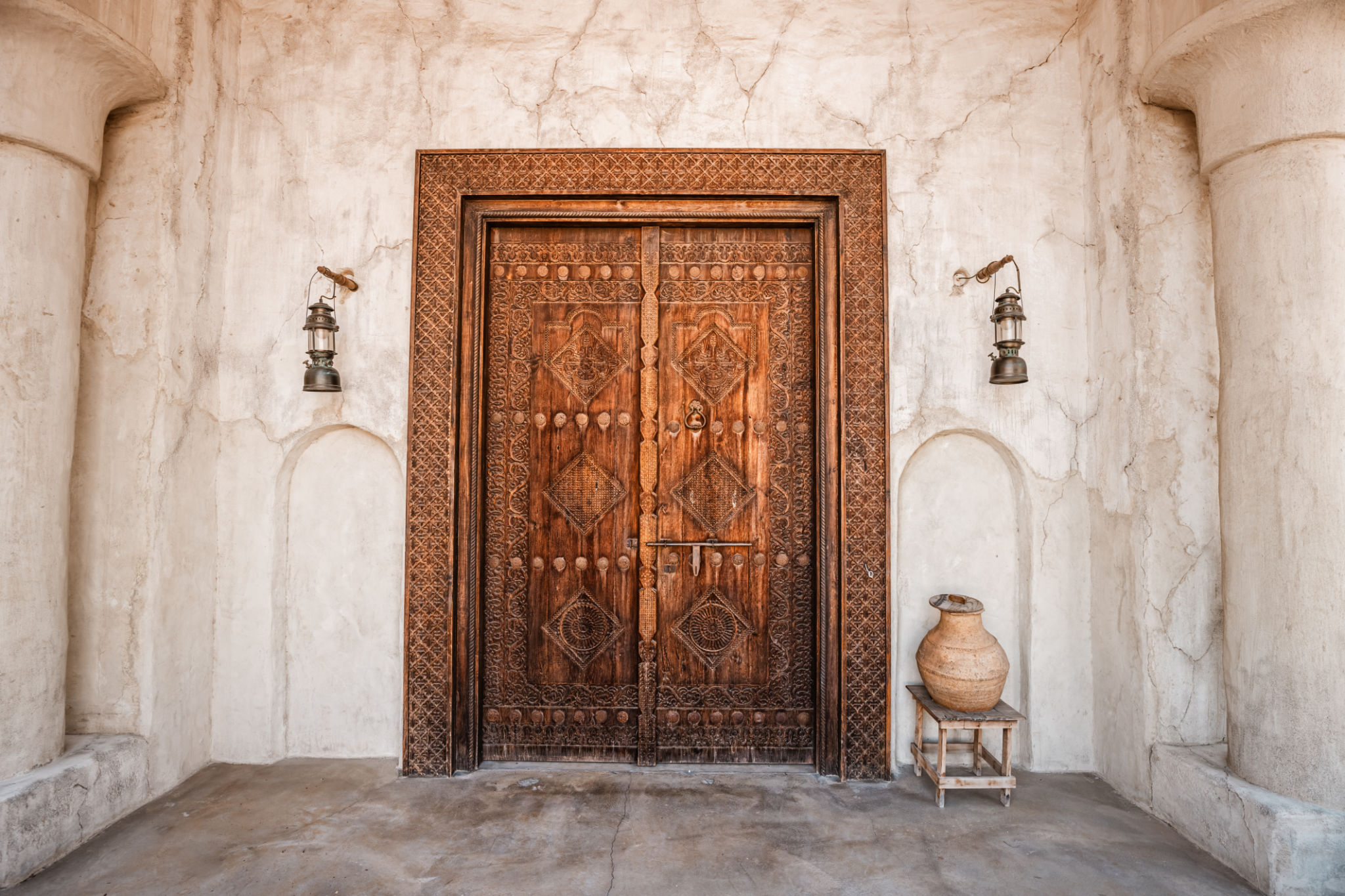Seasonal Real Estate Trends in Dubai: What Buyers and Sellers Need to Know
Understanding the Seasonal Dynamics
The real estate market in Dubai is characterized by its dynamic nature, influenced by various factors including economic trends, investor sentiments, and notably, seasonal changes. Understanding these seasonal trends can be advantageous for both buyers and sellers aiming to make informed decisions. This post delves into the seasonal shifts that impact the Dubai real estate market, offering insights for those looking to buy or sell properties.

Peak Buying Seasons
In Dubai, the real estate market typically experiences a peak in activity during certain times of the year. One of the most active periods is during the cooler months, from October to April. This is when both residents and international investors are more active, as the weather is more conducive to visiting properties and attending viewings. During these months, there is often a higher demand for properties, which can lead to increased competition among buyers.
Buyers looking to secure a property during this time should be prepared for a competitive market. It might be beneficial to have financing pre-approved and be ready to act quickly when the right opportunity arises.
Selling Strategies for Summer
On the flip side, the summer months in Dubai, from May to September, are typically slower due to the extreme heat. Many residents prefer to travel during this time, leading to a temporary decline in market activity. For sellers, this period can offer unique opportunities.

Sellers might consider adjusting their marketing strategies to attract the fewer buyers who remain active. Highlighting features such as air conditioning efficiency and indoor leisure facilities can be particularly appealing during these hotter months. Additionally, offering incentives such as flexible payment plans or furnishing packages could attract potential buyers.
Impact of Ramadan and Eid
Another significant seasonal factor in Dubai's real estate market is the impact of Ramadan and Eid. During Ramadan, business activities generally slow down as working hours are reduced and many people focus on religious practices. However, immediately after Ramadan, during Eid celebrations, there is often a noticeable increase in market activity.

Both buyers and sellers should be aware of these cultural influences when planning their real estate activities. Sellers might find it advantageous to list properties just before Eid, capitalizing on the post-Ramadan surge in interest. Conversely, buyers might find good deals just before Ramadan begins.
Navigating Market Fluctuations
For those involved in the Dubai real estate market, understanding these seasonal trends is crucial for optimizing transactions. By recognizing when demand is likely to peak or dip, both buyers and sellers can strategize accordingly.
In summary, while Dubai’s real estate market is influenced by a myriad of factors, seasonal variations play a significant role. Being aware of these trends can empower buyers and sellers to make decisions that are not only timely but also financially beneficial.
